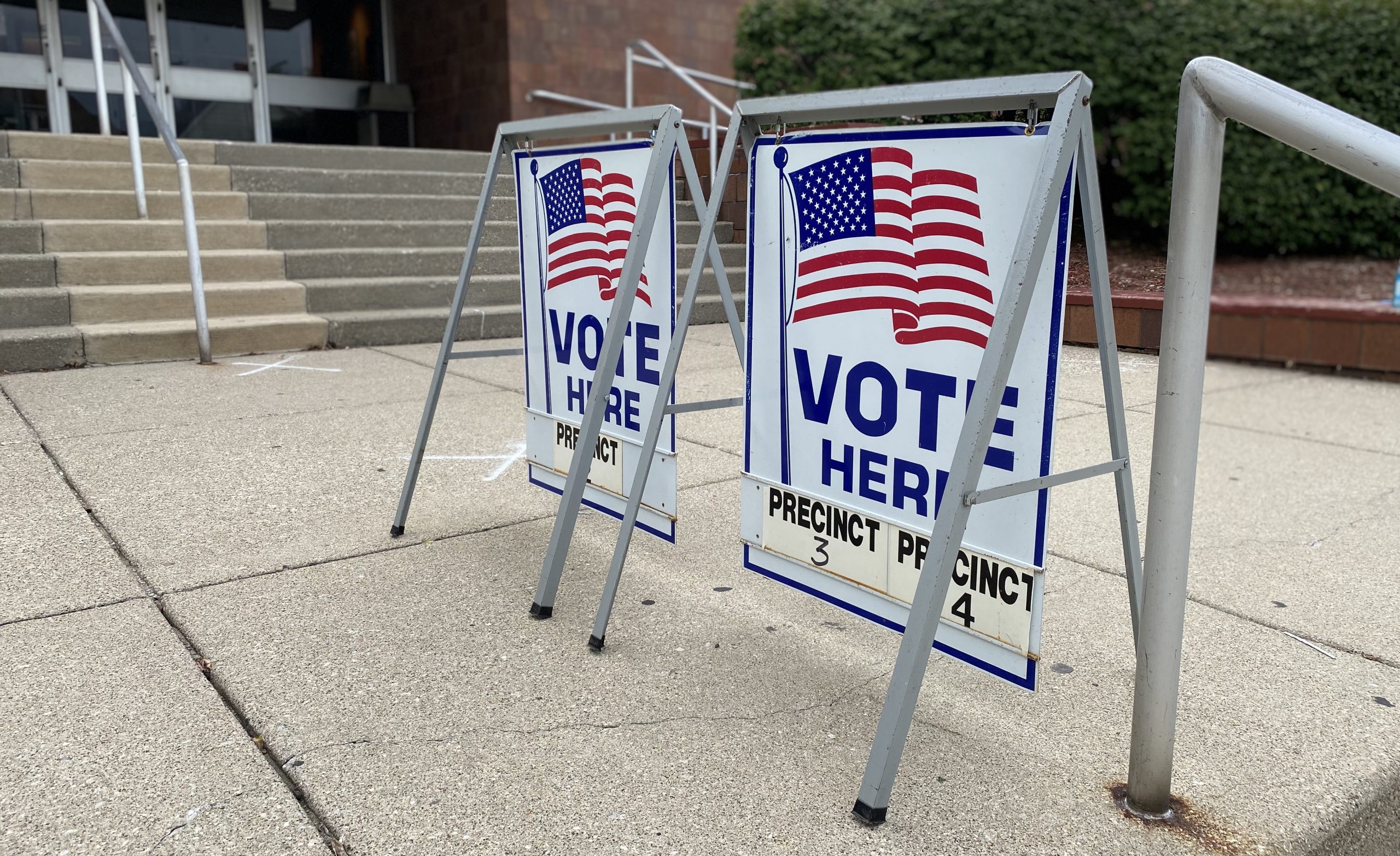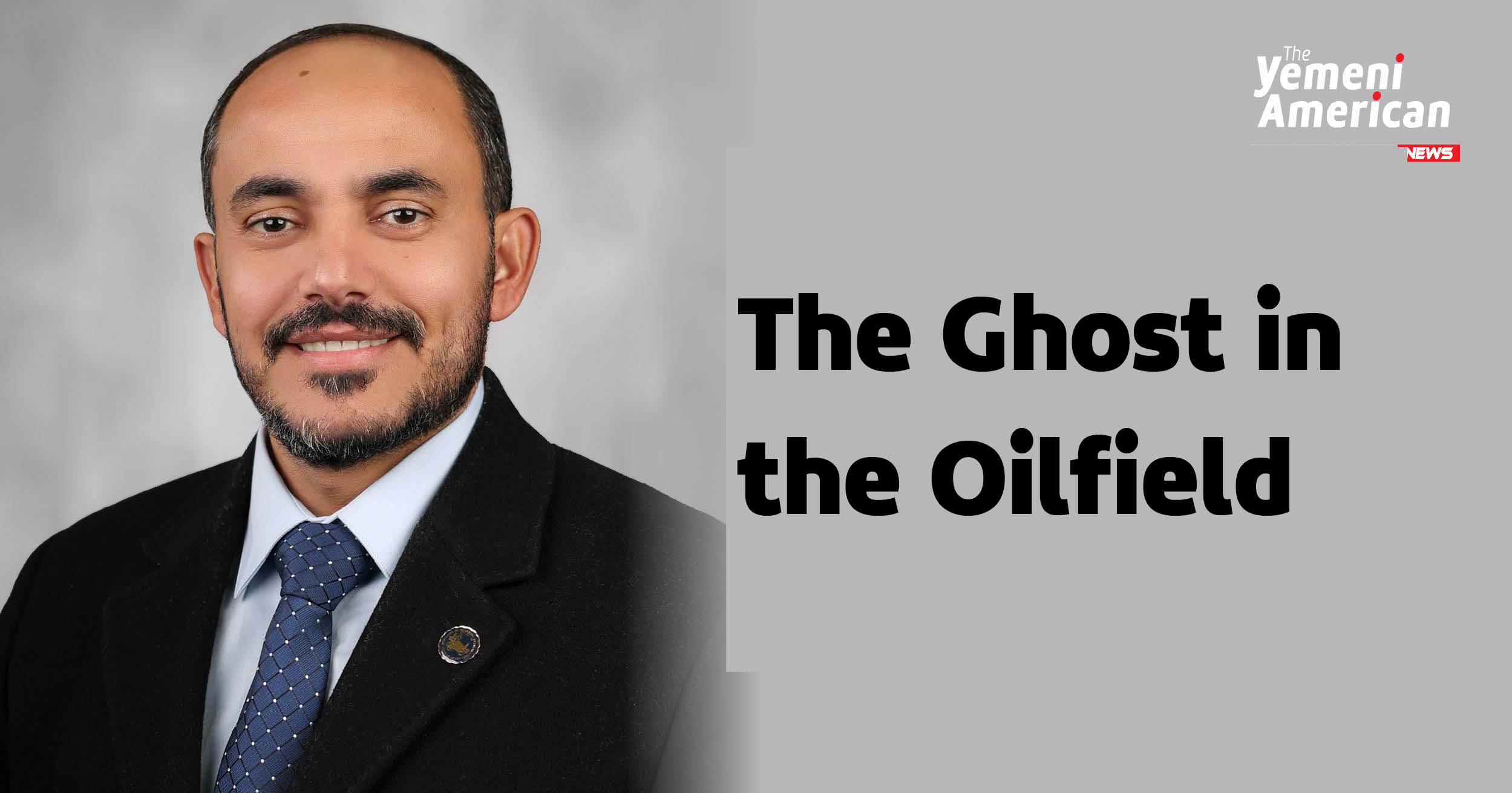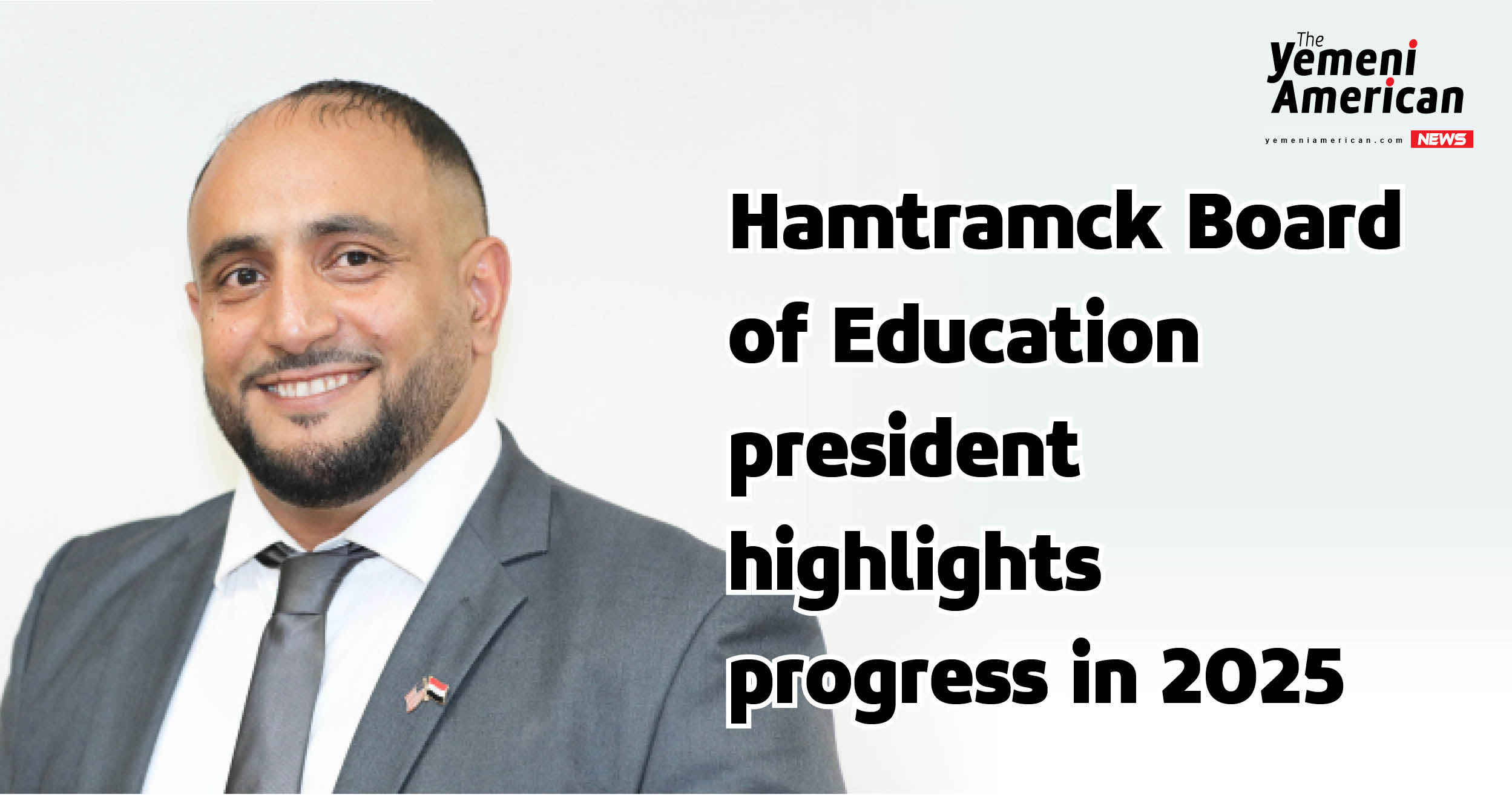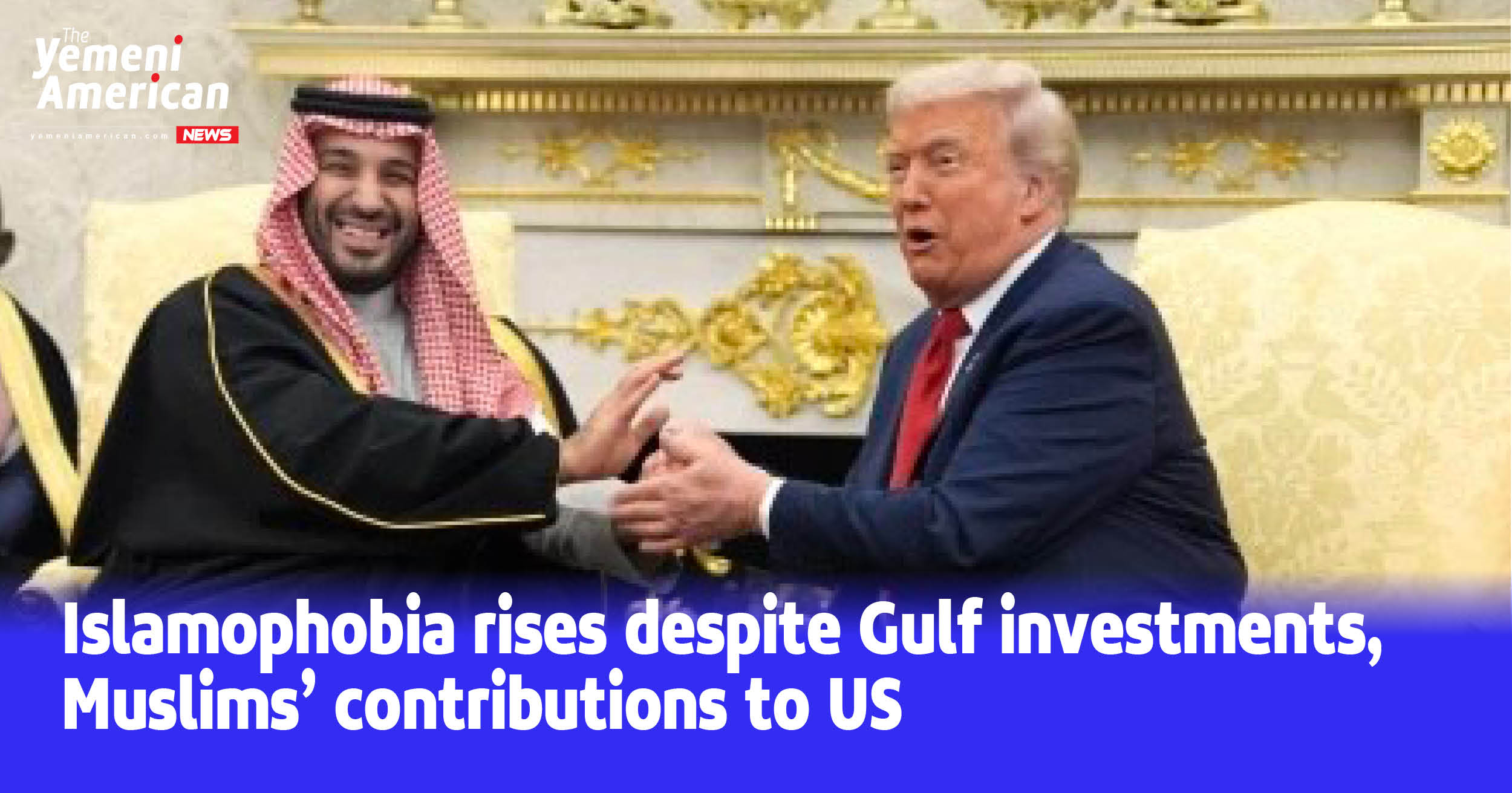State Officials Warn About Preying “to Anxiety and Fears” Leading up to Nov. 3 Election.
By Simon Albaugh
Lansing, Mich. – “For all of us, we need to fight the efforts that will escalate in the coming weeks that are designed to prey on anxiety and use fear of the unknown to cause confusion and falsely make our citizens afraid to vote, by mail or in person.”
Michigan Secretary of State Jocelyn Benson sought a dire message for the final months of the 2020 Presidential Election. In the Sept. 16 Press Conference with Governor Gretchen Whitmer and various partners in Michigan’s voter engagement efforts, the SoS brought a serious concern to the forefront of the meeting.
In the leadup to the 2020 Presidential Election, Michigan, along with the rest of the country, has been inundated with misinformation about the 2020 election, according to many reports in the national media. This was shown to have real-world effects on the way people behave in 2016 – like when a heavily armed man went to a pizza parlor, trying to fight against what he saw as a massive democratic conspiracy.
The conspiracy turned out to be a hoax, famously spread by foreign governments. Although many of these, and similar conspiracies have long passed, the principle remained: the American populace can be vulnerable to misinformation and disinformation through social media. The efforts are broadly being directed toward the process of voting this year, since so much needed to change in response to the COVID-19 Pandemic.
“In this era of misinformation, and miscommunication from some of our nation’s leading officials, we must speak up and speak out now,” said Rev. Dr. Wendell Anthony, president of the NAACP Detroit Chapter. “It is vitally important that the citizens know that we still live in a democracy. Voting is at the very heart and essence of preserving our republic.”
The State of Michigan, tech companies, and even the President of the United States have responded to the ambiguity of this year’s electoral process. But it’s still unclear whether they’re doing the work that’s needed to either preserve this year’s peaceful transfer of power or provide an undeniable reelection. In a way, misinformation is challenging every step of that process.

Secretary of State Jocelyn Benson at a Press Conference on Sept. 16.
What is Internet Misinformation?
Hard to identify and even harder to stop, Internet Misinformation is targeted and often entirely false information that is designed to spread as quickly and as vastly as possible. Misinformation is usually made to get a specific message across, like that Black Lives Matter protests are all violent, or that all conservatives are trying to create a fascist America.
It can also be used to spread a more ambiguous message, like when false social media reports said that the census contained a citizenship question. Oftentimes, the message can be crafted in order to mimic official sources like accredited newspapers or government communications. The easiest way to know whether something is false is to check a reliable source, like government websites or trusted and established newspapers.
The 2020 Election has heightened the efforts to spread misinformation. Because people are weary from the economic effects of the Pandemic, there’s an increased effort from foreign governments, like Russia and China, according to reporting published by Politico. These efforts are being made with specific goals in the minds of actors, like electing a friendly politician or creating a more difficult cultural climate for political discourse.
According to communications through the State of Michigan’s Election Security efforts, Misinformation is spread through carefully crafted social media pages. Sometimes those pages are run using artificial intelligence, specifically created to put more traction into a political message within trending topics.
Back in 2016, the presidential election was famously called into question after high-profile organizations were found to influence political discourse. Many of those same efforts are being made to influence this year’s election, with reports showing that the tactics are becoming more sophisticated. Social media companies, governments, and other organizations are now struggling to keep up.
The Response to Misinformation
Combating Internet Misinformation can oftentimes seem like a losing battle for those involved. Social Media Companies have devoted full-time teams to the effort. State Governments like Michigan are working to keep the most accurate information at the forefront of debates.
Social media companies have specifically come under intense criticism for their response to the rise of misinformation. On the left, with lawmakers like Alexandria Ocasio-Cortez, people are wondering why false information so easily spreads to vast amounts of people. Liberals want social media companies to do much more to fight misinformation.
While people on the right, like Republicans criticize social media companies for what they see as a bias toward liberal viewpoints. They want social media companies to have no role in moderating political speech, whether it’s false or not. Allowing people to decide for themselves what is true.
Organizations like the League of Women Voters have been at the forefront of providing correct information to voters. Through initiatives like their online voter guide, the League of Women Voters has been able to situate itself as a trustworthy source for election information.
“We’re basically responding by giving good information and telling people that if they have questions, or find questionable information, contact the election protection hotline, or you can report it to the new email address [misinformation@michigan.gov],” said Betsy Cushman, Vice President of Voter Services for the League of Michigan Voters Dearborn Chapter.
At the press conference on Sept. 16, the state of Michigan announced its partnership with the League of Women Voters, Emgage Michigan and the Detroit Chapter of the NAACP. The partnerships seemed to be established to ensure that the largest communities in Michigan had representation in the effort against misinformation.
“We’re entering the final stretch of what may be one of the most contentious, highly polarized election cycles that any of us have ever seen,” said Secretary of State Benson. “We can and we will succeed to ensure our voices, the voices of all of our citizens, are heard and that every vote is counted.
“But it’s going to take every single one of us working together, making a plan to vote and remaining vigilant against all attempts to misinform our citizens, to ensure that we cross that finish line successfully.”








